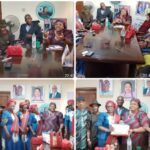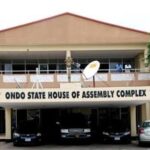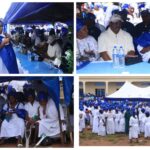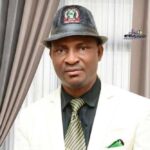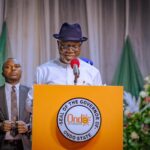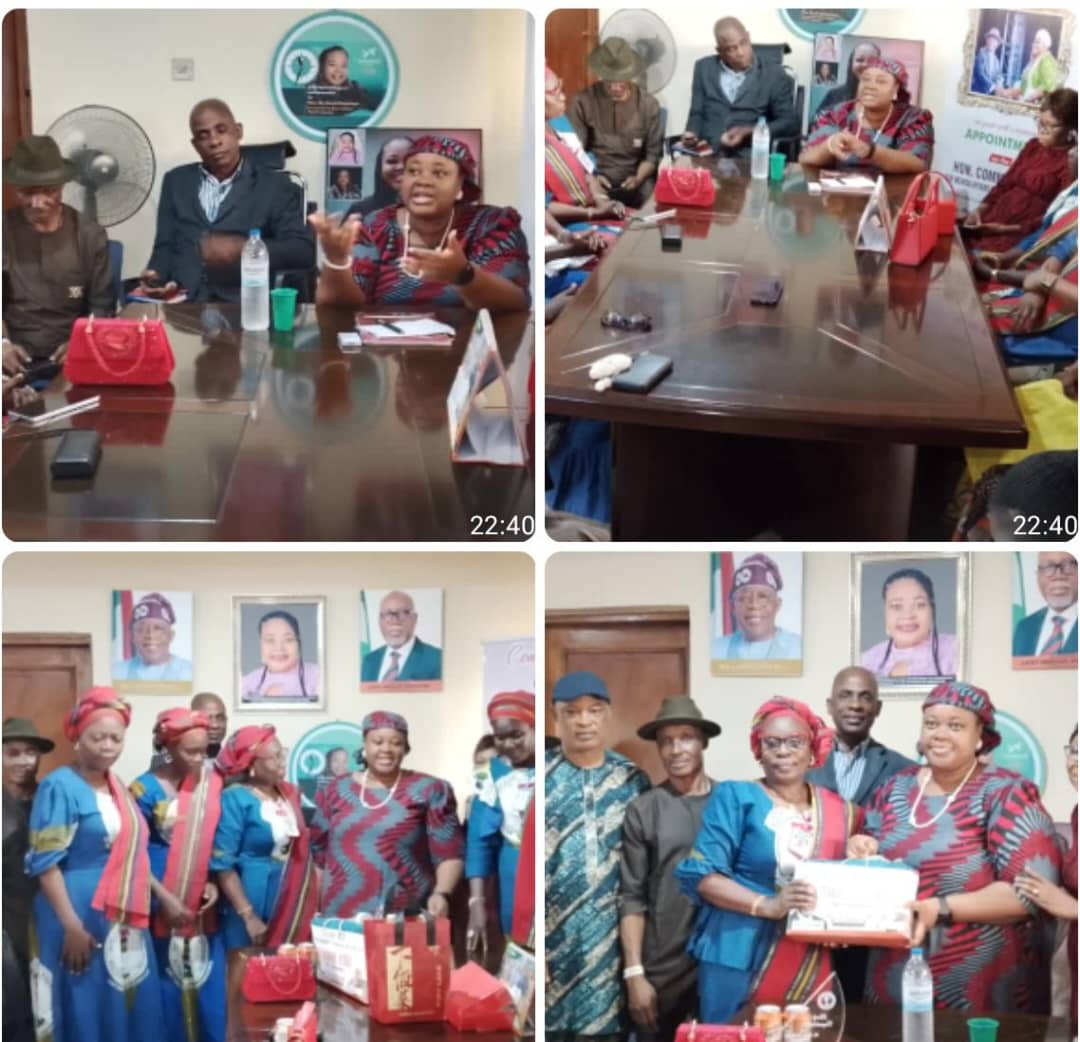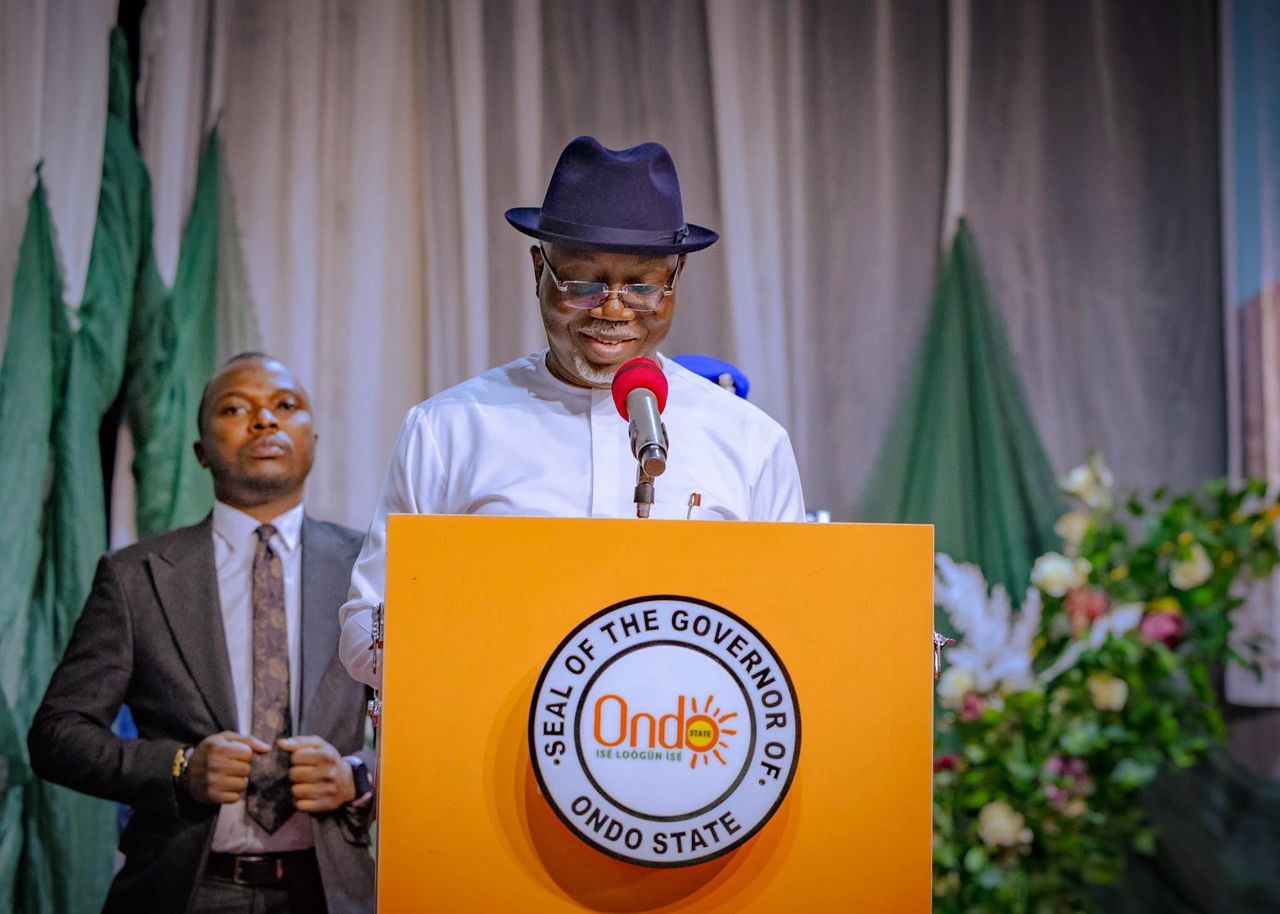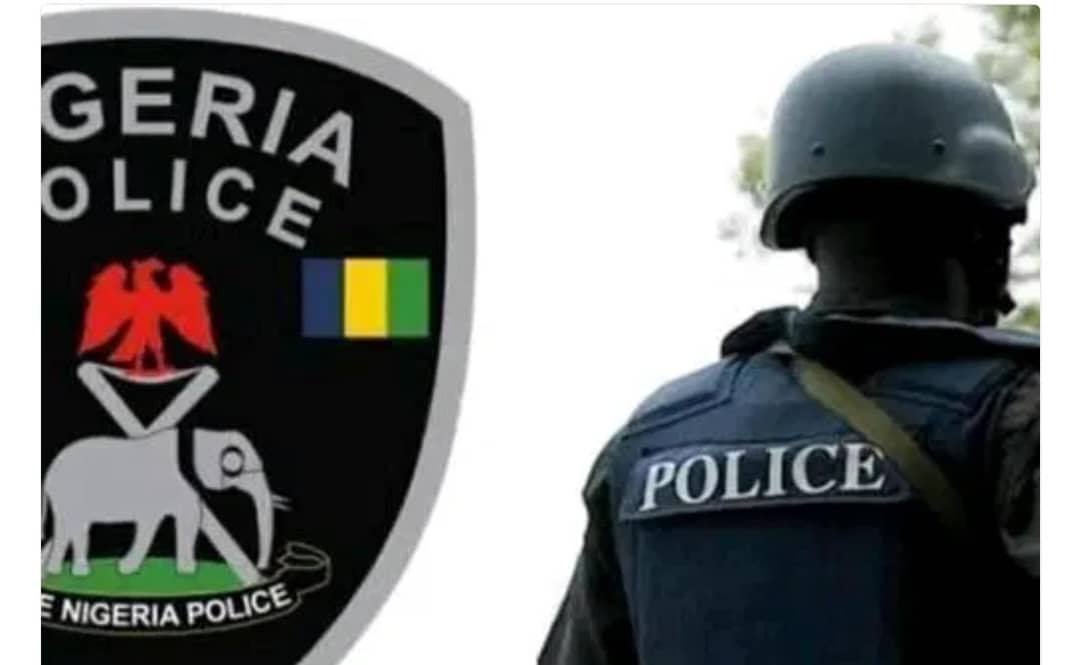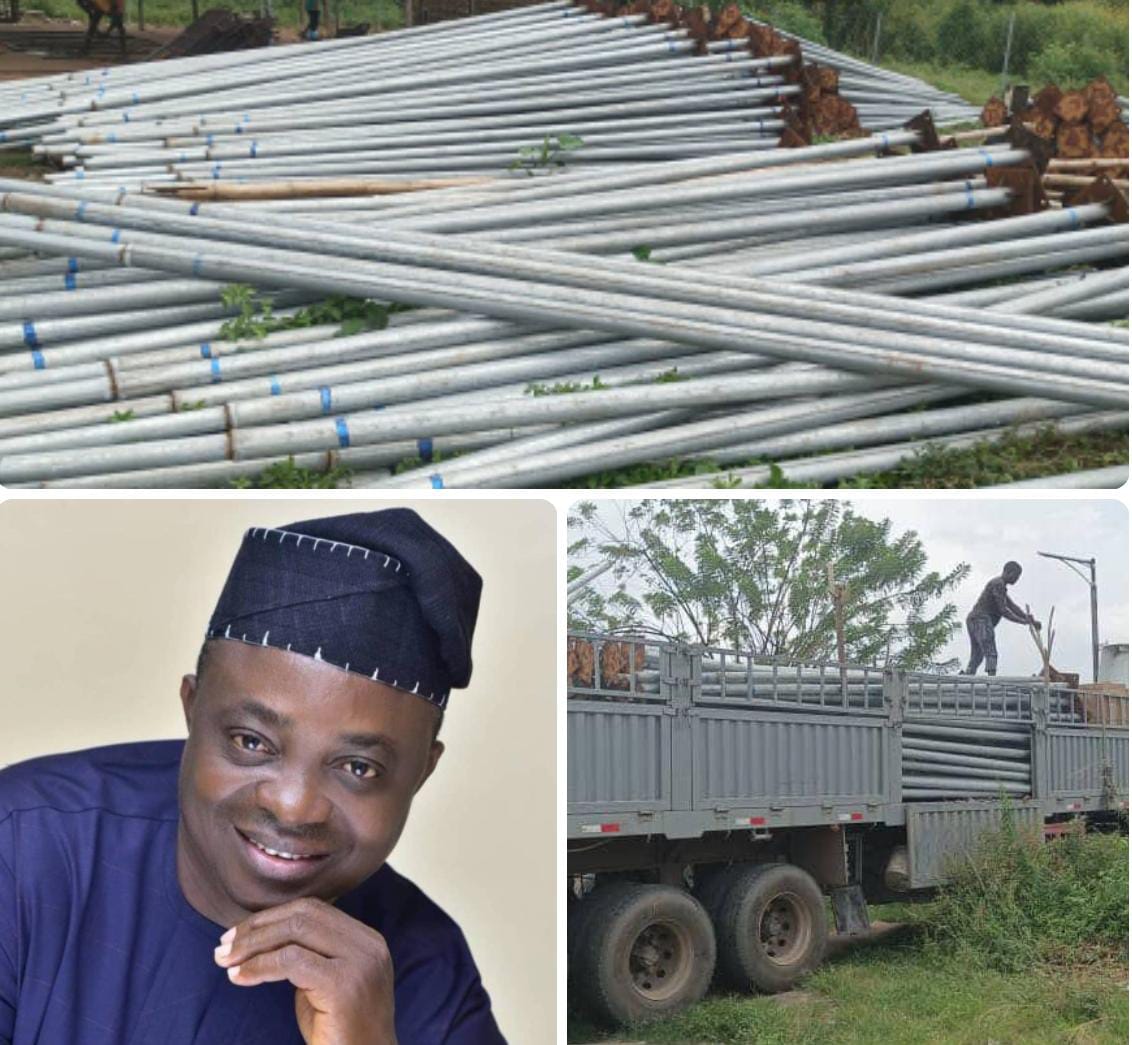By: Leke Adegbite
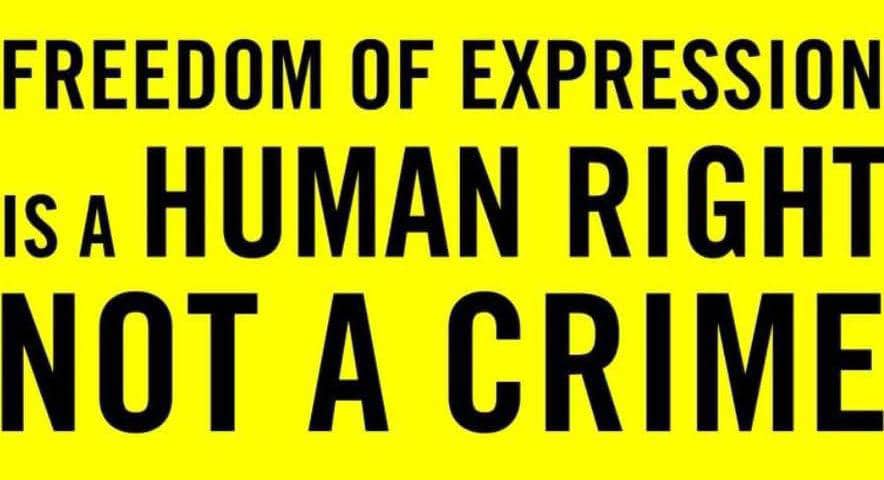
Amnesty International Nigeria, has challenged journalists in the country to give top priority to human rights-focused reports to Strengthen Human Rights towards achieving justice, equity, and dignity for the citizenry.
The Social Media Communication Officer of Amnesty International Nigeria, Micheal Christian, gave the charge at the just concluded two-day training organised for practising journalists in the South-West region of Nigeria.
The theme of the training was: “Strengthening Human Rights Reporting in the Southwest,” held in Ibadan, Oyo State capital.
Speaking at the training, which drew the participants from Oyo, Ekiti, Ondo, Ogun, and Ondo States, Micheal Christian explained that the objective of the capacity building was to equip the media professionals with the tools, knowledge, and strategies necessary to advance human rights through ethical and impactful storytelling.
He emphasised the importance of the media in an egalitarian society, noting that the profession is now evolving but posited that the practitioners played a pivotal role in shaping public opinion, influencing policy, and holding authorities accountable.
“By amplifying human rights narratives and shedding light on violations, the media act as powerful agents of change, advocating for justice, equality, and dignity for all,” Christian said.
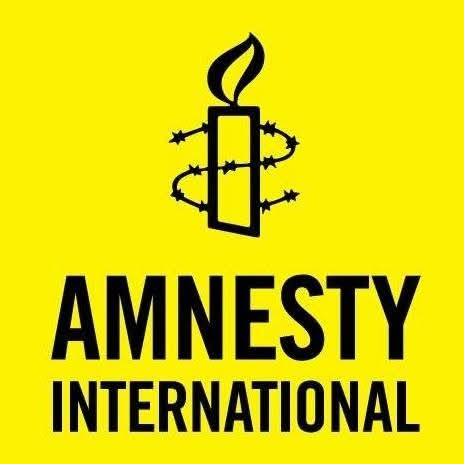
He highlighted the basic human rights to include the right to life, dignity, personal freedom, fair treatment, privacy, freedom of thought, religion, peaceful assembly, association, and movement.
According to him, some of the rights are frequently violated in Nigeria while the media has not always been fully effective in promoting or defending them.
“As agents of social change, the media have the power to set the societal agenda, shape public opinion, and champion human rights.
“The key challenge for media professionals lies in covering these critical human rights issues while maintaining journalistic independence and adhering to ethical standards.”
Also, Anne Chukwunwike of the Amnesty International Nigeria, in her welcome speech, noted that the organisation is not fighting the government but is concerned about issues of human rights.
“We don’t fight anybody. We want to ensure that people’s rights are property managed. Media is the voice that the people listen to,” Chukwunwike said.
Earlier, the Executive Director of Centre for Free Speech Organisation, Richard Akinnola, challenged journalists on the need to equip themselves with necessary gadgets and evidence while investigating human rights issues.
Akinnola, who recalls his decades of experience as a journalist working with the defunct Concord Newspaper during the military regime, said there are a lot of risks and hazards involved in reporting issues related to human rights issues.
Presenting a paper titled, “The evolving role of the journalist in defending democracy and human rights,” he asked journalists to be careful and double-check facts while working on issues related to human rights.
“Be careful while investigating human rights stories. Especially in this era of artificial intelligence. For you to investigate human rights issues, you need to equip yourselves with the necessary gadgets. You need to have your evidence.
“So, there are different gadgets that can be useful for you to do investigative stories. It is pertinent to have your evidence too,” Akinnola added.
Another guest lecturer, Kabiru Danladi, from Mass Communication Department, Ahmadu Bello University, Zaria, said that journalists must continue to work in line with the dictates of the profession while vehemently kicking against syndrome of “brown envelope” and gratification.
Danladi, who also presented a paper titled “Ethics in Practice: Upholding integrity in reporting” described integrity as one of the hallmarks of journalism.
“So, when you don’t have integrity, nobody will believe what you write. We have to be very careful in verifying facts,” he said.
Other speakers at the training which included Dr Princess Olufemi-Kayode who delivered a paper on “Journalism with a Gender Lens: Protecting Rights, Shaping Narratives”; Arthur-Martins Aginam, who spoke on “The Journalist as a human rights advocate”; as well as a renowned investigative journalist, Fisayo Soyombo who spoke on “Investigative Journalism in a climate of impunity,” highlighted the risks involved, advocating for accountability and holding those in power responsible.

